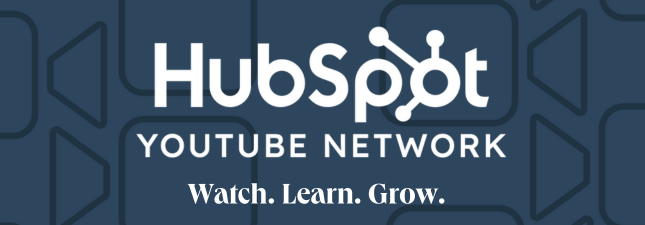In the past fifty years, no technology has grown at the explosive rate of artificial intelligence. And if you’re not paying attention to the world of AI today, you’re putting your business at risk.
.png?width=595&height=400&name=Machine%20Learning-72-01%20%281%29.png)
Chief Marketing Officers Kipp Bodnar (HubSpot) and Kieran Flanagan (Zapier) discussed three ways businesses can build defensibility against AI in an episode of their podcast Marketing Against the Grain.
As the hosts put it, if you’re not actively involved in understanding and integrating AI into your organization, the likelihood of business failure grows exponentially.
To get more critical insights into AI, check out the complete video.
1. A unique set of data
Data can help your business stand against the wave of AI. In fact, data acts as currency in the field of AI generation. If your organization has collected large amounts of distinct data (e.g., a unique set of customer information), this sets you up for success when integrating AI into your business.
But your organization must collect and work with unique data. For example, Quora’s AI tool, Poe, lets users switch between popular chatbots — including ChatGPT. However, Poe lacks a unique selling point that makes it truly sticky. After all, why go through Poe when users can use ChatGPT by itself?
So, when looking at how to defend yourself against AI, find ways for your organization to collect original data and integrate it into an AI feature or product.
2. The ability to scale and go to market fast
If your organization can scale and launch new features and products quickly, it can ride the AI wave sooner. This means you can integrate AI into your business before competitors, which gives you a huge first-mover advantage.
Users get bombarded with new AI tools every day. But if you move before other competitors by launching a new AI tool or feature, then that incumbency gives you an advantage down the line.
Alongside upping your go-to-market efficiency, you also need to optimize your customer activation and retention. You must ensure customers can reap the benefits of your AI-oriented products while keeping them from leaving. Customers have an array of AI options today, so you need to give them a reason to stick with you.
This might involve, as examples, making the onboarding process as smooth as possible via 24/7 (AI) customer support, fixing bugs as soon as they arise, and so on.
3. Bold AI-driven moves
When it comes to AI, the hosts put it bluntly: Be bold or die in the long term.
Regardless of industry — construction, health care, technology, and others — AI has and will continue to commoditize everybody. So, you need to move with real urgency and develop a unique feature or product.
In other words, think of ways to integrate AI that leverages your company’s value proposition. As an example, HubSpot released an AI chatbot that relies upon its client data, such as customer information, to help users optimize their customer relationships.
Consider asking yourself the following questions when it comes to AI:
- Do we have any data that benefits generative AI?
- Do our competitors leverage AI already?
- Would we be the first player to integrate AI in the industry?
To get more on today's marketing trends, tips, and tricks, check out the Marketing Against The Grain YouTube channel.



